Ontario Nature Blog
Receive email alerts about breaking conservation
and environmental news.
© Lora Denis
Lynde Shores Conservation Area © Paul Howard CC BY-NC-SA 2.0
On October 25, 2022, the Ministry of Natural Resources and Forestry (MNRF) posted a proposal to overhaul the Ontario Wetland Evaluation System (OWES). The deadline for public comment is November 24, 2022.
OWES assessments are necessary to designate Provincially Significant Wetlands (PSWs). Such designation results in a high level of protection for wetlands under provincial law and policy. Yet the proposed reworking of the OWES will mean that very few wetlands would be deemed provincially significant in the future and that many, if not most, existing PSWs could lose that designation. As a result, very few of Ontario’s wetlands may benefit in the future from the protection that PSW designation currently provides.
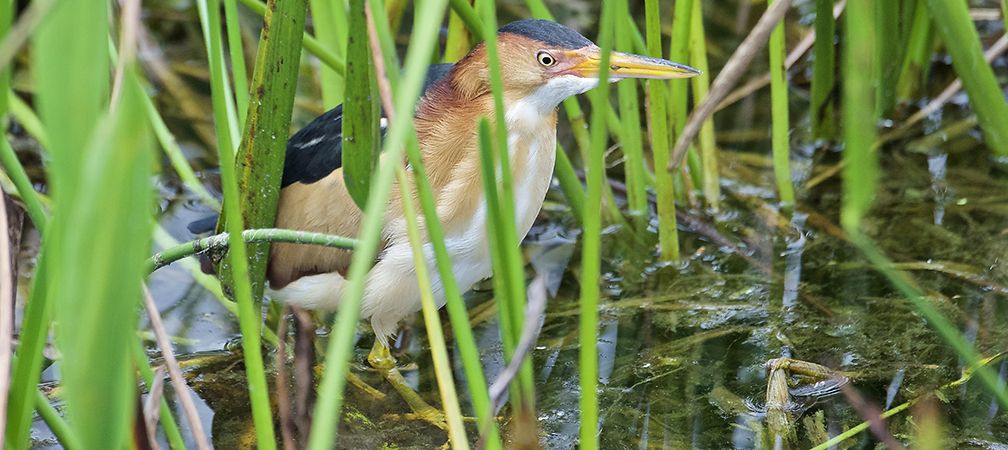
The stated purpose of the proposed OWES overhaul is to support the construction of 1.5 million new housing units over the next ten years by streamlining the wetland evaluation process. Yet, this purpose is misguided and misleading, given that a shortage of land isn’t the cause of the housing shortage , as Ontario’s Housing Affordability Task Force explained in its 2022 report. The amount of greenfield land already designated for development and added to municipal settlement boundaries, but still sitting unbuilt far exceeds what is needed to meet long range housing targets. That includes, for example, more than 86,000 acres within the Greater Toronto and Hamilton Area alone.
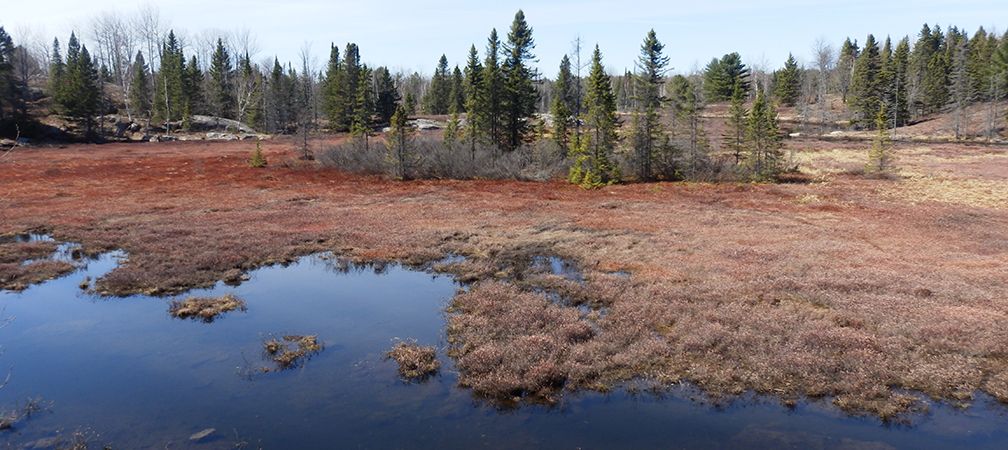
The OWES is the official procedure to identify PSWs and determine their boundaries, based on a scoring system that considers biological, social, hydrological and special features. Identifying wetland complexes has always been integral to the evaluation and scoring process, based on the understanding that many wetlands are interconnected with complementary functions that contribute to the health and significance of the whole (i.e., the complex).
MNRF is proposing, however, to no longer consider wetland complexes as part of the OWES. If the changes go forward, very few new PSWs will be designated in the future and many existing PSWs will lose that designation and the protection it affords.
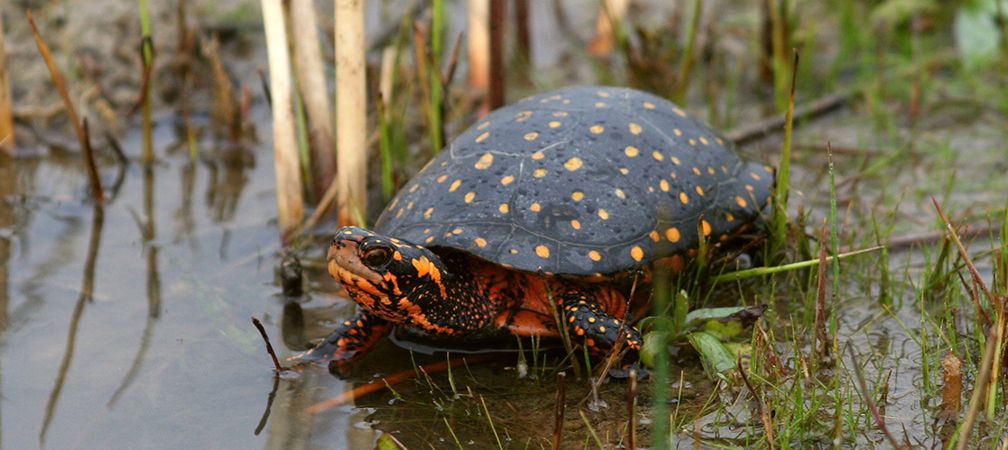
MNRF is proposing to remove any mention of endangered or threatened species from the OWES manual, even though the presence of these species is a key factor in determining provincial significance. Currently, the presence of endangered or threatened species essentially guarantees that the wetland will be deemed provincially significant. In the future, they are to be they are lumped under “provincially significant species,” worth far less in the evaluation. This major change could affect the scoring of many if not most wetlands in Ontario, leaving them, and the significant species that rely on them, vulnerable to development.
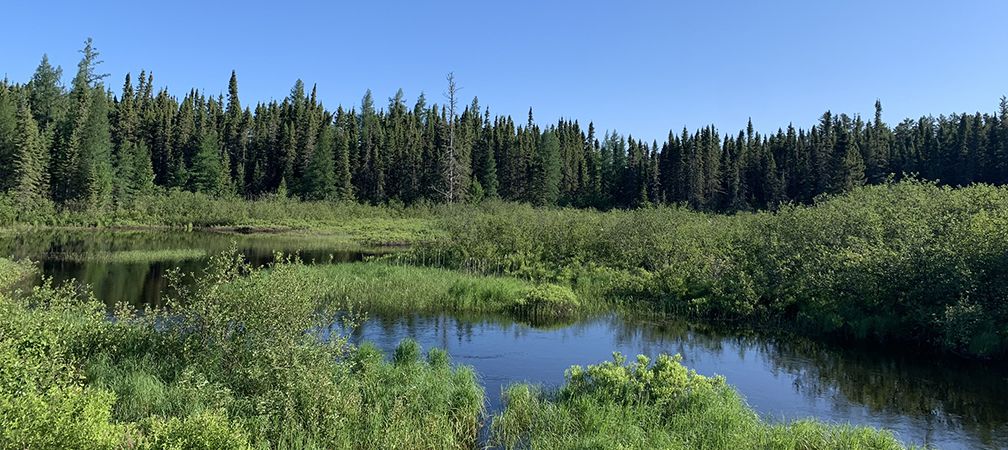
MNRF is proposing to remove itself from any involvement in Ontario’s wetland evaluation process, despite the deep and valuable expertise of ministry staff who have overseen the process for decades. No central agency is being assigned to coordinate or approve evaluations or to ensure that information about PSW designation is publicly accessible. Consultation with MNRF will no longer be an option.
It appears that approval authority will be downloaded to municipalities, many of which have little expertise and would no longer be able to consult with conservation authorities (due to proposed Bill 23 amendments to the Conservation Authorities Act). Instead, the onus would be on the wetland evaluator (working in most cases for the development proponent) to inform the municipality and landowners in writing about the outcome of the evaluation or re-evaluation.
MNRF would:
The proposed changes to the OWES are going forward at the same time as Bill 23 and other proposed law and policy amendments that will negatively impact wetland conservation in Ontario. The broad scope of the proposals and the speed with which they are being pushed forward severely compromises the public’s ability to comprehend and respond.
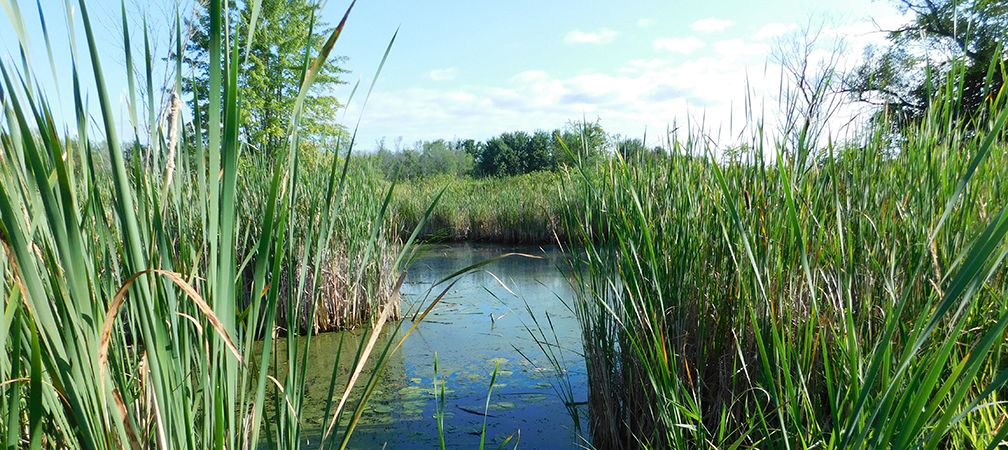
Ontario’s wetlands play a critical role in sustaining healthy communities, enhancing climate change resilience and conserving biodiversity. Together, we must do our utmost to ensure that the government does not proceed with the proposed overhaul of the OWES.
* To improve clarity, we edited the passage about endangered and threatened species being devaluated (point #2) on April 2, 2024.

Gananoque Lake Nature Reserve © Smera Sukumar
What is up with the MNRF? I thought its job was to protect our province’s natural resources, not undermine them. If the proposal in question is any indication, it would seem that the agency has been completely co-opted by the Ford government. (That is, of course, if the MNRF even wrote the proposal and was not simply handed a script to read by Ford and his pro-development advisors.)
The whole thing is shameful and, for the conservation of wetlands and the wildlife that inhabit them, potentially devastating.